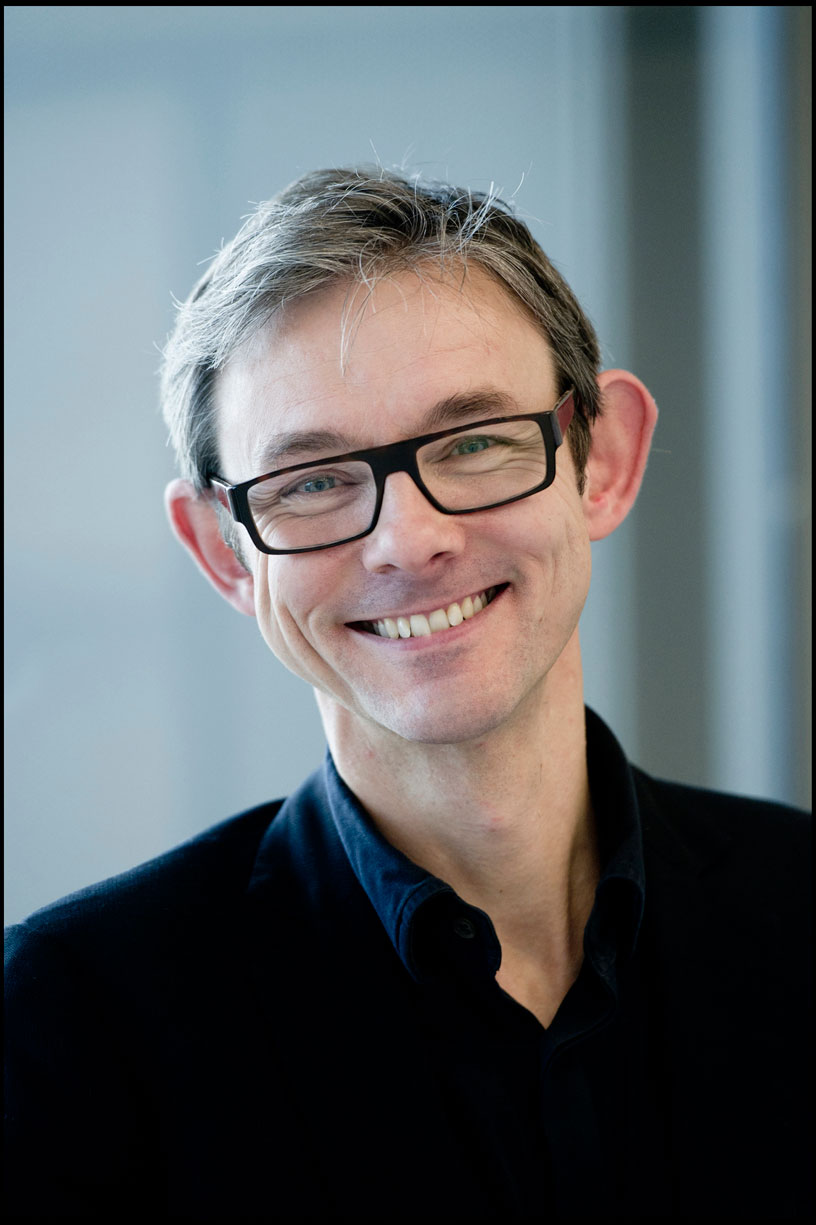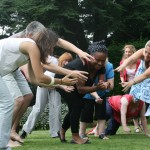It seems to be a fact of Paul Reeve’s life that he will have to answer the inevitable question of elitism in ballet and opera. We have a giggle about it but that is partly because it is the ‘elephant over the phone line’ – I don’t want to be obvious and he doesn’t necessarily want to ‘defend’ the art form…yet again. But Mr Reeve is a keen advocate of his work and its influence, saying: ‘Years ago we were cut off but the education work is a central part of what we do now. Through this work we engage thousands of people with whom we are having a dialogue, breaking down the mystique and some of the baggage, and this naturally feeds back into the organisation and through to performance.’
Anyone who has visited the Royal Opera House recently is aware that a lot of work is being done to offer a varied performance programme – OperaShots and the Youth Opera Company are just two wonderful examples – but people love to hear opera, as popular talent shows demonstrate.
Paul sees this as a positive: ‘People do like hearing opera sung and what they recognise is that it is quality, it requires a particular skill and that it conveys real emotion. So the fact that Paul Potts, for example, can win Britain’s Got Talent singing opera arias is fantastic. I’m sure we can talk about technical things but I’m not too bothered about it. All these things are great for our art form. Opera and ballet are challenging because they are complex. We don’t think you should apologise for complexity in art. With opera and ballet, the more you put in, the more you get out.’
Paul knows this through experience too. As a child growing up near Glyndebourne, he appeared in an opera at a young age. Following a degree in theatre arts and a career as a director and performer, he joined the Royal Shakespeare Company, English Touring Opera and then went to the Royal Opera House, where he has worked for 11 years.
He says: ‘I came in through the opera side. I used to watch some dance including ballet but just as another audience member. Working here has enabled me to develop my understanding of ballet and the more I’ve learned the more I have come to love it.’
As an organisation with a national profile, the London base could be a disadvantage to a large part of the population so the departmental aims are two-fold – to reach as many people as possible and to sustain this work. The Education Department focuses on Teacher CPD as one of the main ways Paul can achieve these aims.
He says: ‘Working with teachers is one of the most valuable things we can do. If you work with teachers, you help them develop their skills and confidence in teaching the arts or teaching through the arts and using our arts forms across the curriculum. Those skills stay in the school and they have a real sustainability about it.’ The company offers several strands of work available to teachers. The Write an Opera programme is a week-long residential available in summer. Paul says: ‘This helps teachers learn the structures and techniques to enable their children to write an opera from scratch. We also run Dance Dynamic which develops teachers’ skills to deliver dance as a creative subject to enable their students to make their own dance.
‘We are also moving into offering digital resources because technology and the internet enables you to offer an almost infinite reach. We have introduced the interactive whiteboards aimed at Key Stage 3, using opera and ballet as a starting point.’
Another strand is the innovative Fanfare project which is a competition for young people to write a fanfare that is used before each performance at the Royal Opera House. Paul adds: ‘The students do an arrangement workshop with our orchestra and then they come back and supervise the recording by a 45 piece orchestra directed by our musical director and these are played before each performance. It’s great for them to know these compositions are being used.’
The importance of education work cannot therefore be underestimated and has evolved as a focused, relevant programme. Paul adds: ‘The idea of engaging people through learning and participation has become integral to many organisations large and small. The practice has grown and evolved– it’s become an education sector in the wider arts sector.’
And that can only be a good thing for students, teachers and the future of the art form itself.
Teachers in a CPD workshop (Image Natalie Ellis), a vital part of the work of Paul Reeve. Portrait, above, Sim Canetty-Clarke




